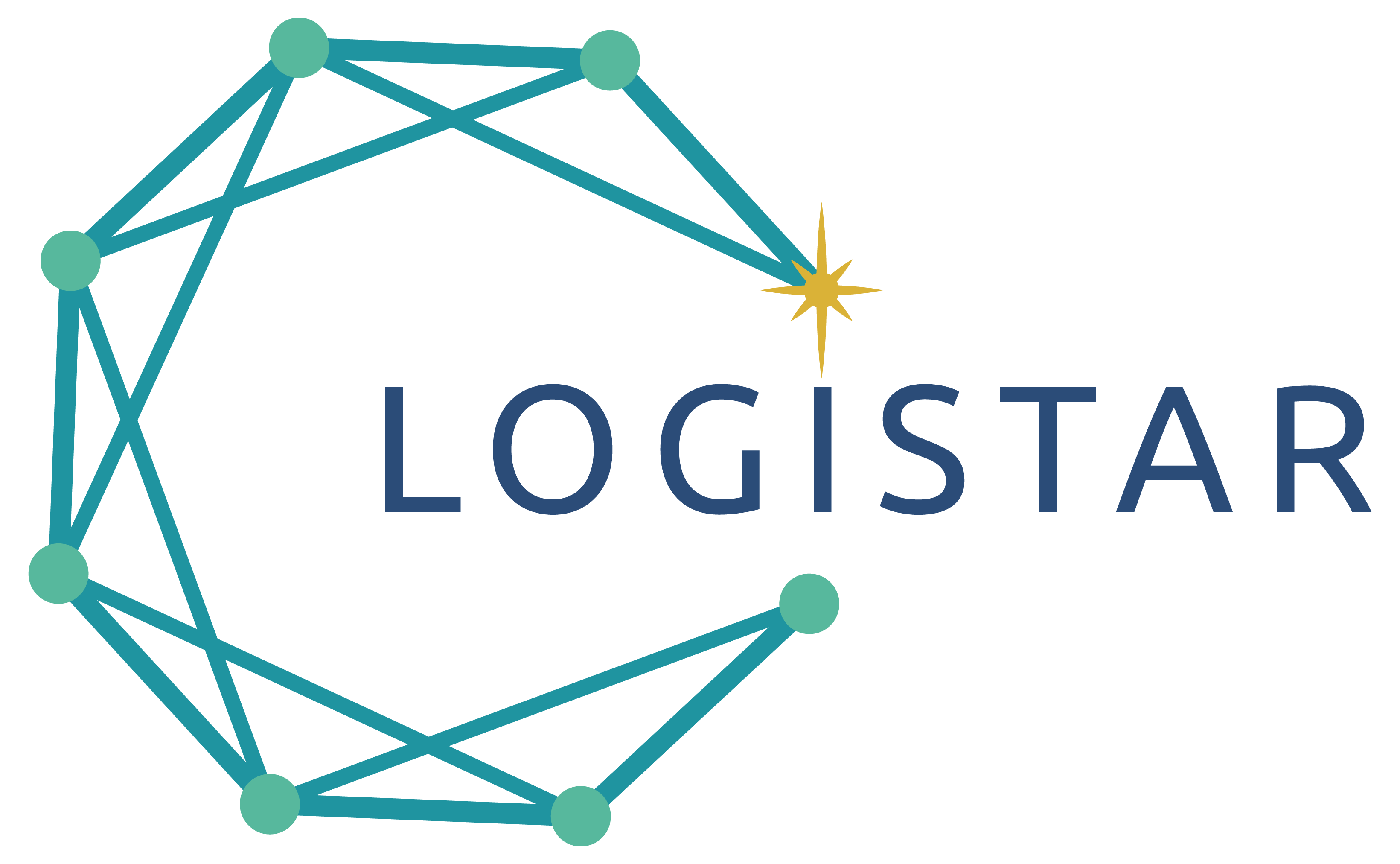IoT, Open Data and AI for collaborative logistics: the LOGISTAR project on “il Giornale della Logistica” – 15th of January 2021
IoT, Open Data and AI for collaborative logistics: the LOGISTAR project on “il Giornale della Logistica” – 15th of January 2021

Take advantage of IoT, Open Data and AI technologies to create truly collaborative logistics: this is the idea behind LOGISTAR (“Enhanced data management techniques for real time logistics planning and scheduling”), a research project funded by the European Commission under the Horizon 2020 programme, run by a consortium consisting of 15 organizations from 8 European countries formed by universities and research centres, technology and IT services developers, consultancy and logistic actors.
IoT for the supply chain
The LOGISTAR project is aimed to allow effective planning and optimizing of transport operations in the supply chain by taking advantage of horizontal collaboration among logistics agents and by leveraging an intensive use of IoT (Internet of Things), real-time data, Open Data, Artificial Intelligence and other ICT advanced techniques.
The benefits to be shared
The main benefits envisaged are: to reduce the delivery routes (up to 10%) and to increase loading factors (up to 10%) by relying on synchromodality and optimization techniques; to facilitate the management of logistic operation through real-time decision-making tools and visualization dashboards tailored for freight transport that can provide alerts and recommendation, thus helping to increase the reliability and efficiency of services.
Italy: one of the three living labs of the LOGISTAR project
The project results (systems and services) are currently being tested in three living labs, real case studies in different countries to collect relevant data and stakeholder’s feedbacks useful to fine-tune the user interface and different software components of LOGISTAR. The UK’s test case is focused on using LOGISTAR tools for backhauling and co-loading management in food logistics; in Spain real-time positioning is tested to calculate accurate vehicle’s ETA (Estimated Time of Arrival) in order to minimize waiting times at loading and unloading locations.
In Italy the LOGISTAR system is tested on the goods being transported between hubs, studying various processes such as loading/unloading, transshipment and bundling focusing on how LOGISTAR tools can increase logistic operation by increasing the synchromodality.
Tools for a smart management
GeneGIS GI efforts are focused on developing the LOGISTAR Dashboard, a tool that provide the user information and services for fleets management such as real-time fleet monitoring (i.e. route information, alerts, emergency, ETA), routing (default & alternative routes), the loads rate per time frame, loads and assigned carriers, shipping accuracy, inventory accuracy, on-time delivery percentage, use of asset/resource utilization, capacity of supply chain network vs demand, traffic information (real-time / historical / forecasting), alert management, weather information.
The Geographical Information Module (for Real-Time monitoring) allow to manage, store and share data and information to users and stakeholders via a cartographic interface. This module in particular allows, both on web and mobile, the cartographic view of geo-localized vehicles and transported goods as well as information resulting from the data processing layers and specialized modules developed within the decision-making tool (Smart Algorithms implemented within the LOGISTAR Core Platform).
For a resilient and strategic digital logistics
“GeneGIS GI, a company specialized in the Geo ICT area with a deep-rooted experience in the “Geographical Intelligence” sector, focused on a resilient and strategic digital approach to logistics, offering its business partners professional solutions based on a 360° approach towards logistics planning and management.” as explained by Gaetano Formisano, Microsoft .Net Senior Software Developer and Technical Leader at GeneGIS GI, “GeneGIS GI operates with a strong belief in logistics intended as a “science” with a value that will go far beyond the simple concept of “delivery of goods”. The company’s reputation as a market leader coupled with its vision of logistics, in 2018, led the company to start a collaboration with universities and IT companies of global importance, participating in the R&D project – LOGISTAR – funded by the European Commission as part of the Horizon 2020 program. That was an important bet for GeneGIS GI, offering its long-standing experience at the service of research and development, collaborating in the creation of this important system that uses advanced and real time data management techniques in order to optimize planning and programming of logistic operations.”

